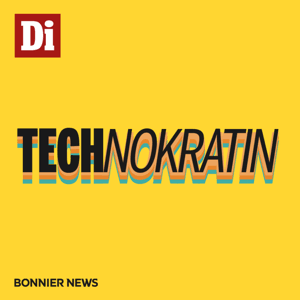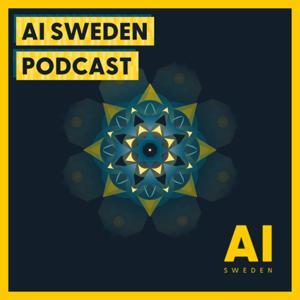Happy New Year listeners!
In our first AI-Podden news update of 2026, our hosts Ather Gattami and Anders Arpteg, reflect on the key highlights of AI in 2025 and what lies ahead. They discuss OpenAI's loss of momentum, Google Gemini's rise, the hype and shortcomings of agentic AI, and the growing gap between rapid technological progress and real-world adoption.
The conversation also covers infrastructure and hardware investments, energy efficiency, AI sovereignty, regulation, geopolitics, robotics, and the shift toward smaller, more specialised models, with a clear warning that the AI divide between leaders and laggards is likely to widen further in 2026.
It promises to be a year full of twists, turns and surprises in the world of AI.

























